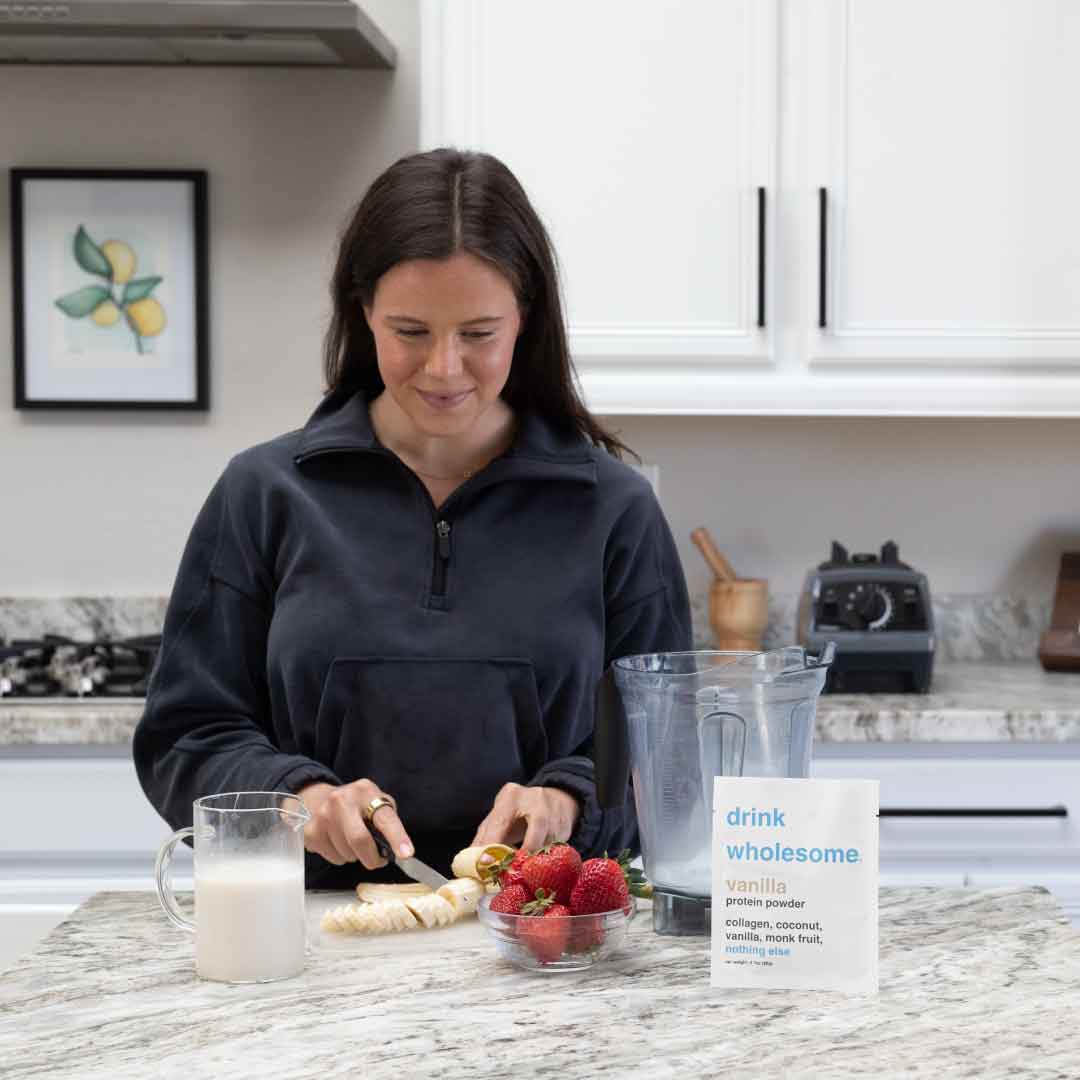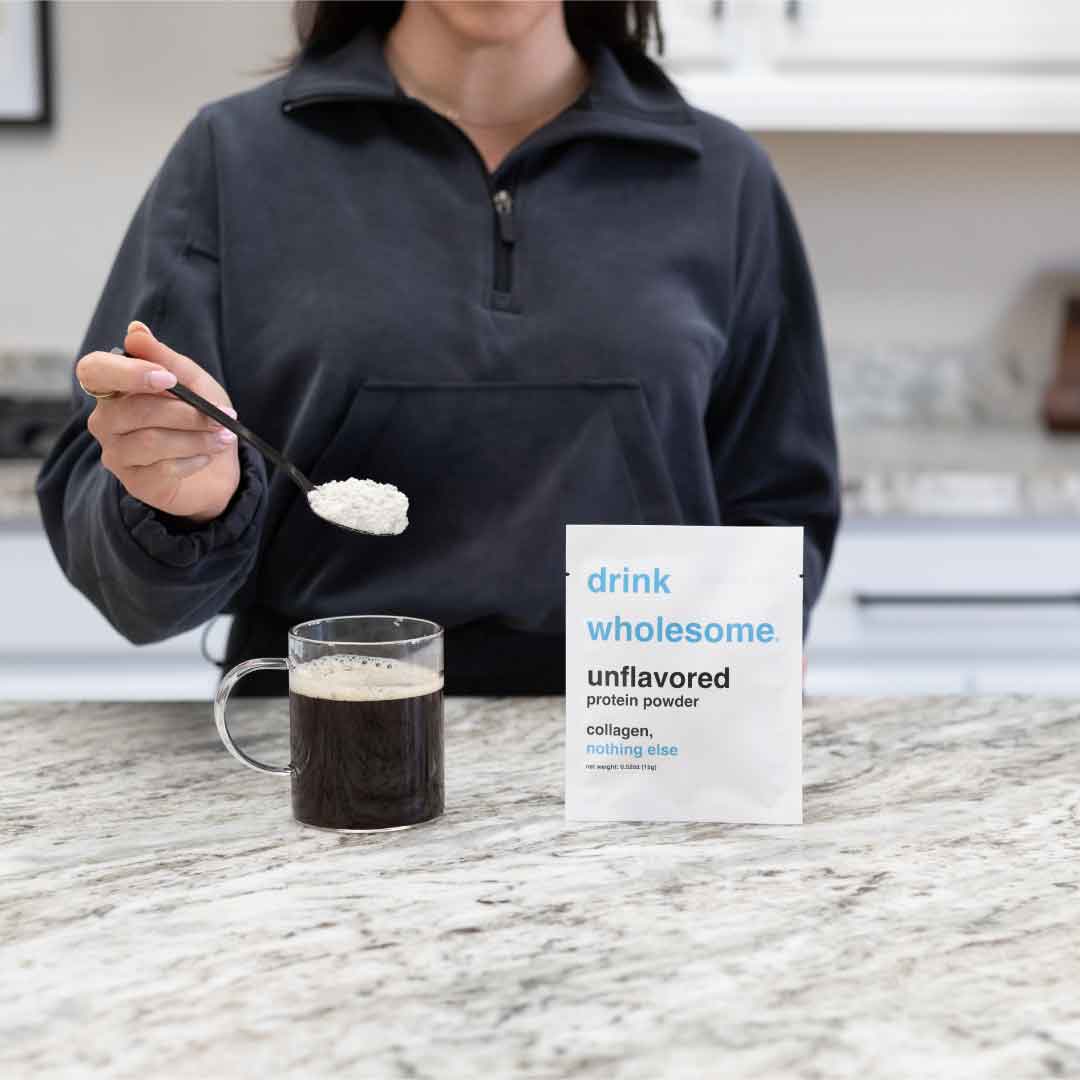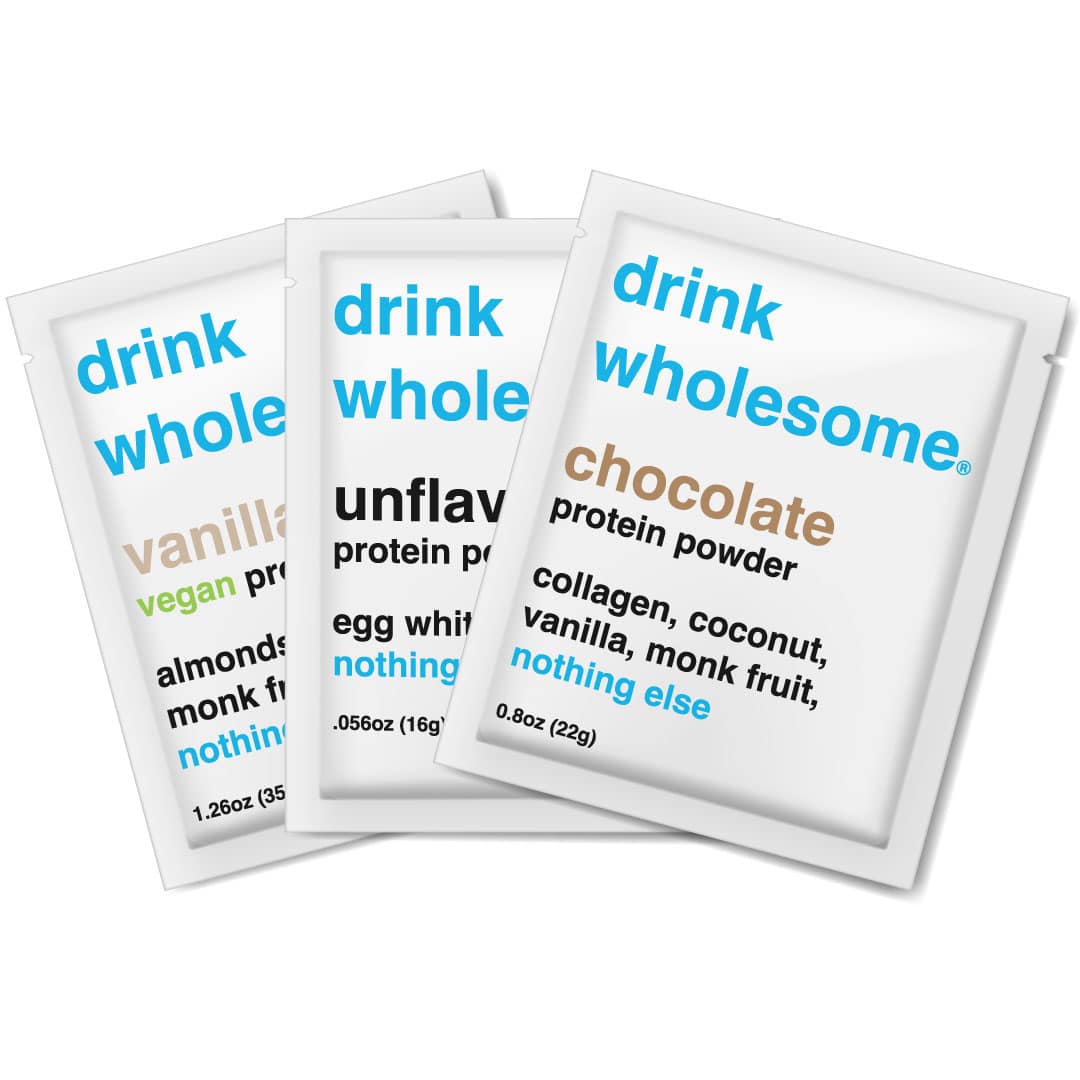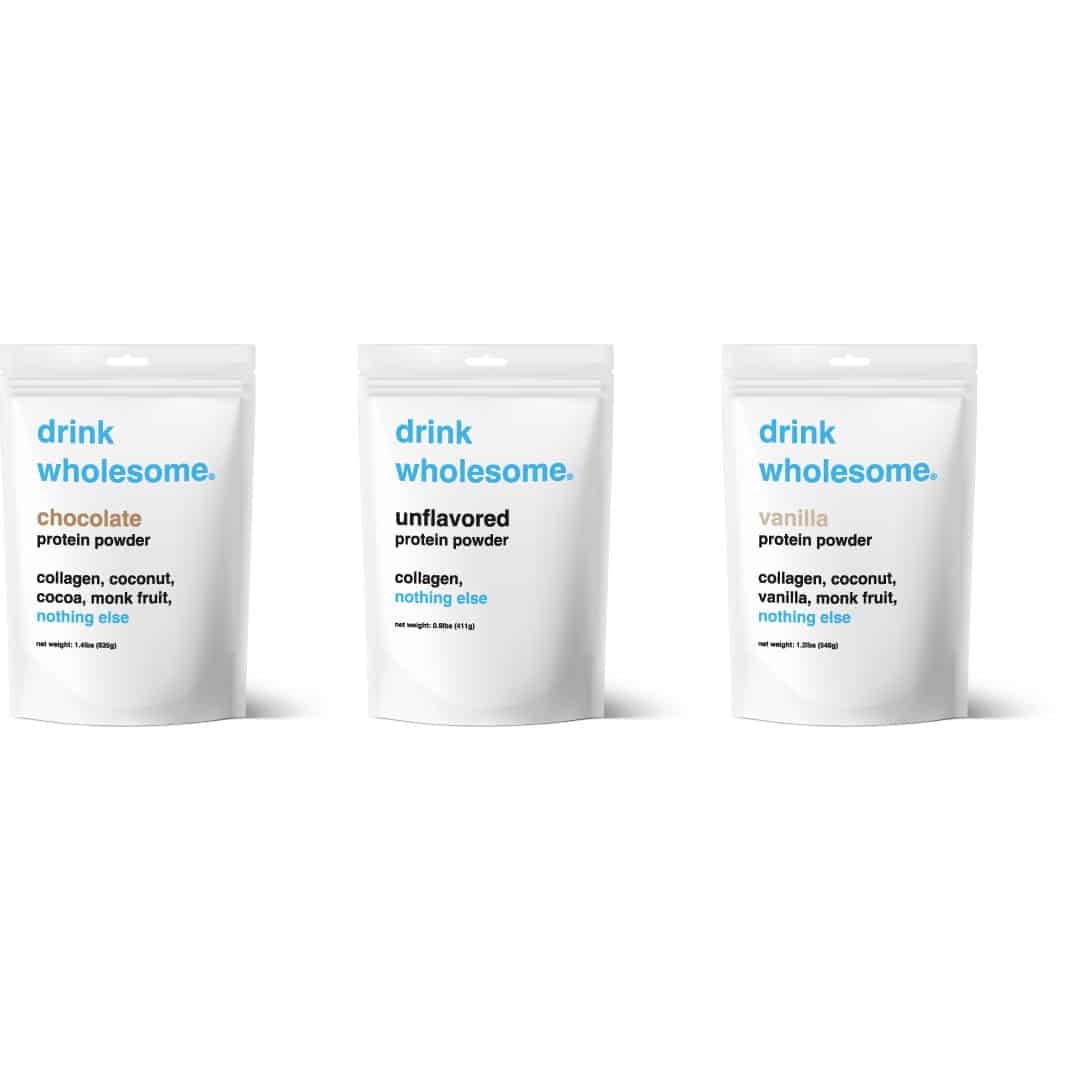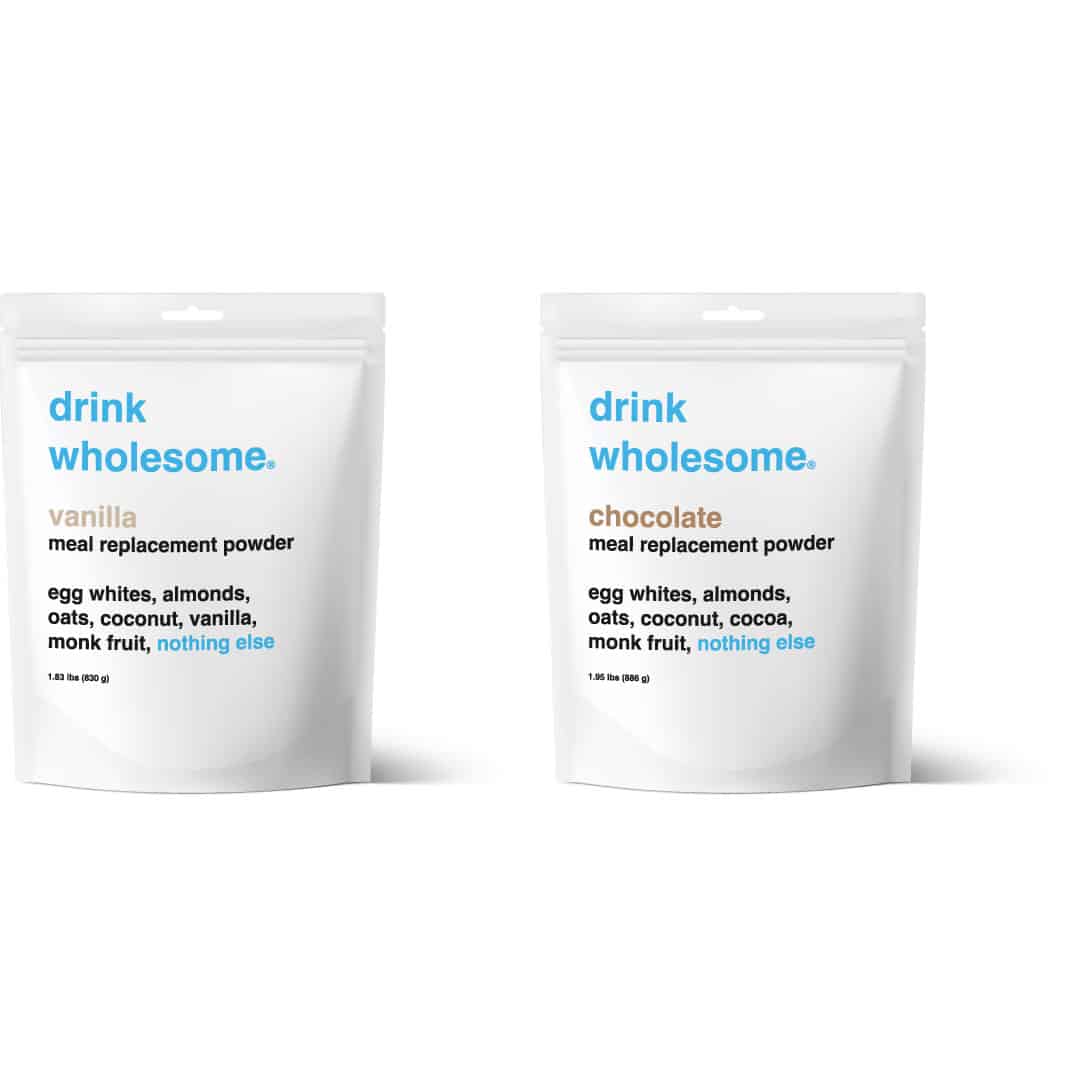Collagen vs whey protein
There are several methods used to determine the quality of a dietary protein in human nutrition. The preferred method is the protein digestibility corrected amino acid score (PDCAAS), which takes into account amino acid composition and digestibility.
Amino acid composition: Amino acids are the building blocks of protein. There are 20 of them in the human body, 9 of which are essential, meaning we must get them from food. The PDCAAS considers how much of each essential amino acid is a dietary protein, and compares those values to the reference pattern established by the Food and Agriculture Organization of the United Nations, which represents the ideal amino acid profile for human nutrition.
Protein digestibility: The PDCAAS also accounts for the digestibility of a dietary protein, as not all dietary proteins are digested and absorbed by the body in the same way. Dietary proteins that are more easily digested and absorbed have a higher PDCAAS.
Whey protein has a PDCAAS of 100, which is the highest score possible. Not only does whey protein contain high amounts of all the essential amino acids, but it is also easily digested and absorbed by the body.
Collagen protein, on the other hand, has a PDCAAS of 0 because it lacks one essential amino acid, tryptophan. This does not mean that collagen is not a good source of protein, however, it is simply a reminder that the PDCAAS is an imperfect method of assessment. The PDCAAs is biased towards a protein’s “completeness,” and ignores its nutritional value as part of an overall diet.
Research shows that including collagen peptides at up to 36% of total daily dietary protein intake maintains an overall PDCAAS of 100. In other words, as long as you are getting your dietary protein intake from a variety of sources, collagen is as good a protein source as any. The idea that whey is better than collagen, or any other dietary protein source for that matter, is thus misleading. Whey does have the highest PDCAAS possible, but that is not an advantage for someone eating a balanced diet.
Keep in mind that the PDCAAS of your dietary protein intake should not exceed 100 – fulfill more than 100% of your essential amino acid requirements. This is because your metabolic needs include both essential and non-essential amino acids. It follows that if one or more of the essential amino acids are present in excess, the diet becomes limited in essential amino acids, and thus unbalanced even though the PDCAAS remains equal to 100.
In other words, incorporating an incomplete dietary protein like collagen protein into your diet without compromising your essential amino acid intake can add nutritional value, whereas adding a complete protein like whey can do more harm than good if you do not need the additional essential amino acids.
Given the reduced benefits of whey protein supplementation compared to collagen protein supplementation for someone eating a balanced diet, it is probably in your best interest to consider the drawback of each dietary protein source. This is where whey protein becomes considerably less appealing.
Digestive issues: Because it is a derivative of milk, whey protein is not suitable for people with dairy allergies. Most whey protein supplements are not suitable for people with lactose intolerance either. If you are lactose intolerant – two thirds of adults are – consuming whey protein can cause digestive issues like bloating and diarrhea.
Side effects: Dairy consumption also stimulates the production of insulin and insulin-like growth factor, both of which have been linked to acne development. Insulin and insulin-like growth factor regulate sebum production, an oily substance produced by your body’s sebaceous glands which can clog pores and result in pimples.
Collagen protein powder, on the contrary, is both easy to digest and good for your skin. Research shows that collagen protein supplementation supports the health of bones, joints, and nails too. So, if you want a protein supplement that will help you boost your protein intake without upsetting your stomach or causing you to breakout, I highly recommend choosing collagen protein over whey protein.


